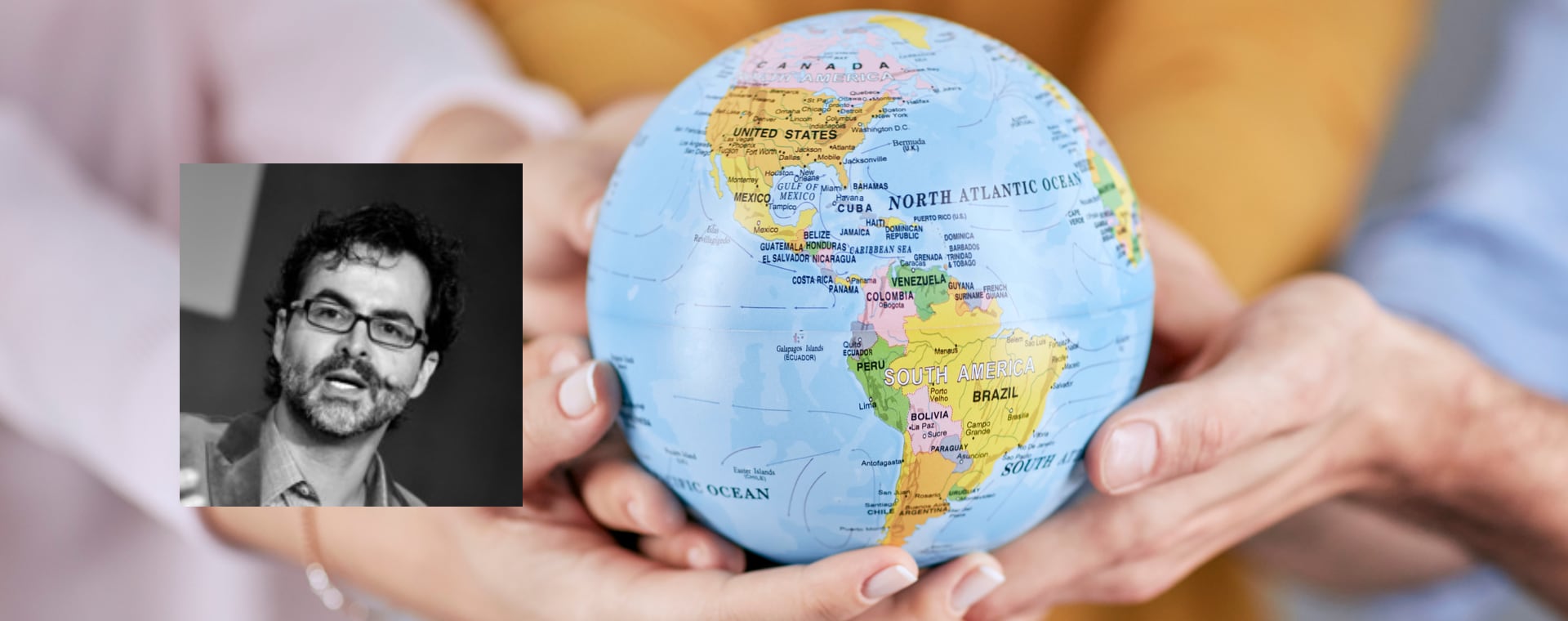In this interview I had the pleasure of meeting again with Paulo Caroli, an old friend from the Agile Latam community.
Paulo is a consultant who has been working for ThoughtWorks for over a decade helping his clients discover products that make sense to build. In this work, Paulo has perfected techniques and ideas that allow discovering products without investing too much time. It was precisely this process of discovery that motivated Paulo to write his most recent book, Lean Inception, which he spoke about in the interview.
Paulo said that his journey through Agility began in 2000 when he lived in the US and worked for several start-ups. Later when Paulo joined ThoughtWorks and worked with Jeff Patton and Jonathan Rasmusson, he began taking ideas from them and facilitating product discovery workshops with clients. The birth of Paulo’s son was a great motivator to try to reduce time away from home by making the product discovery workshops last only one week. The book Lean Startup by Eric Ries was another great influence on Paulo, who ended up calling his techniques “Lean Inception”.
According to Paulo, his book has two important aspects: a collaborative workshop that has the participation of those interested in the product, and the approach to arrive at a Minimum Viable Product. He also mentioned that Lean Startup ideas posed by the build, measure, and learn cycle are also reflected in some way in Lean Inception.
Paulo commented that the clients he has worked with agreed to have to wait less time to start seeing results from a product, so they accepted the idea of doing Lean Inceptions that lead them to get results earlier. The MVP provides more accurate ideas of what customers really want in a final product, he said.
He also said that companies that want to have a broad vision of a product — a vision that spans several years and a lot of money — can continue to have it, but they must start to build products in a small way, release them, validate hypotheses, and learn. In short, keep your vision wide but move forward in small increments.
Paulo closed the interview with the reflection, “Think big, move small, and learn fast”, where a fast learning component is vital to be able to pivot and change the product itself if that is necessary.









